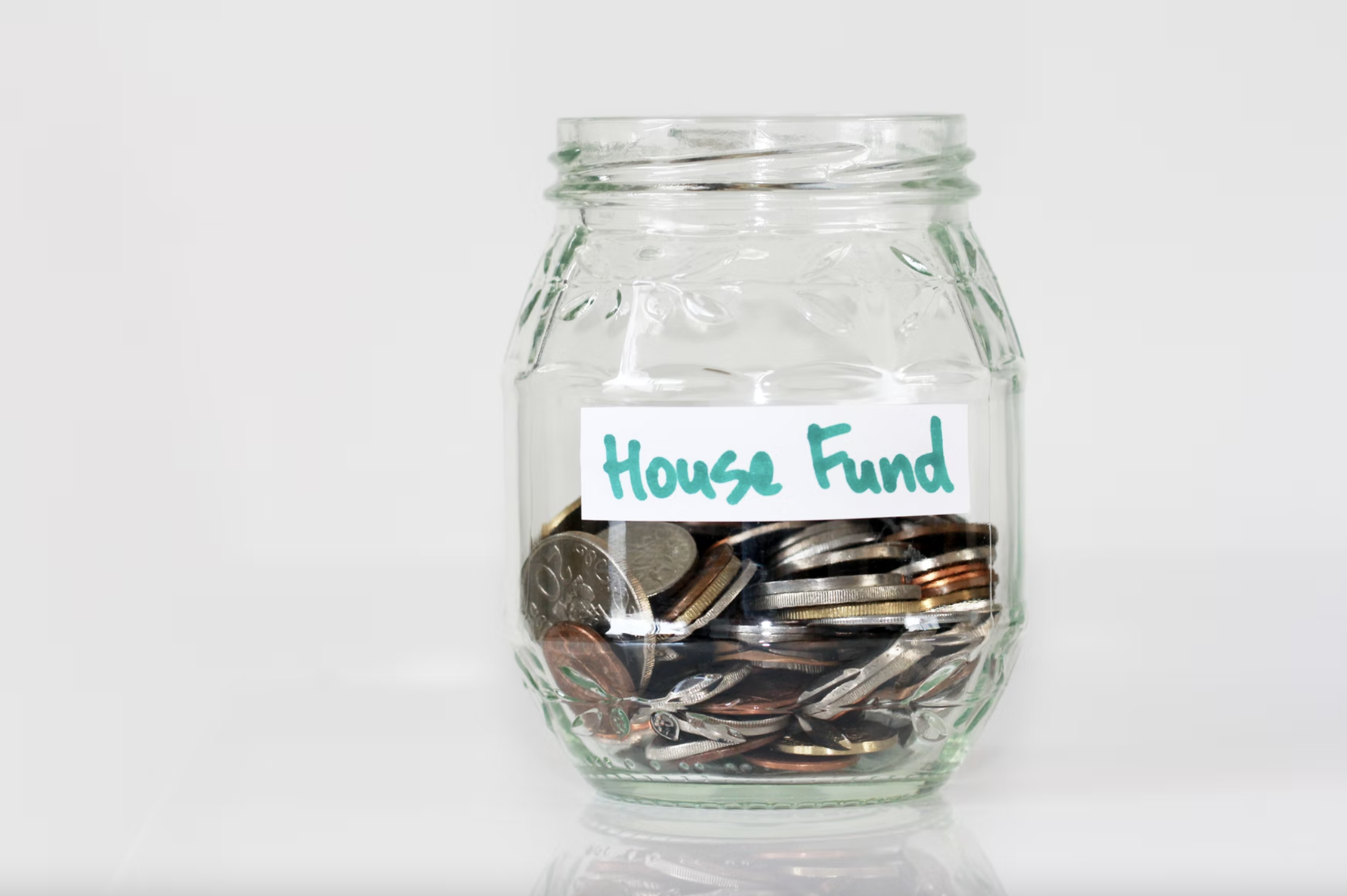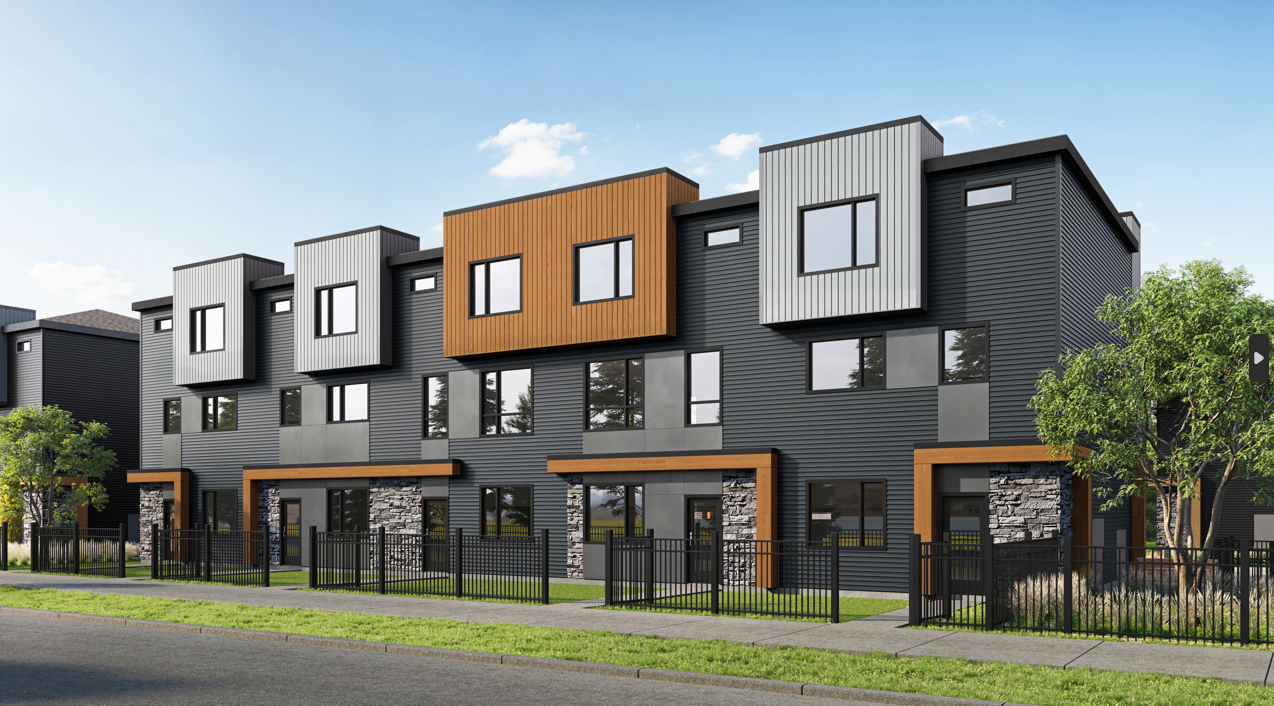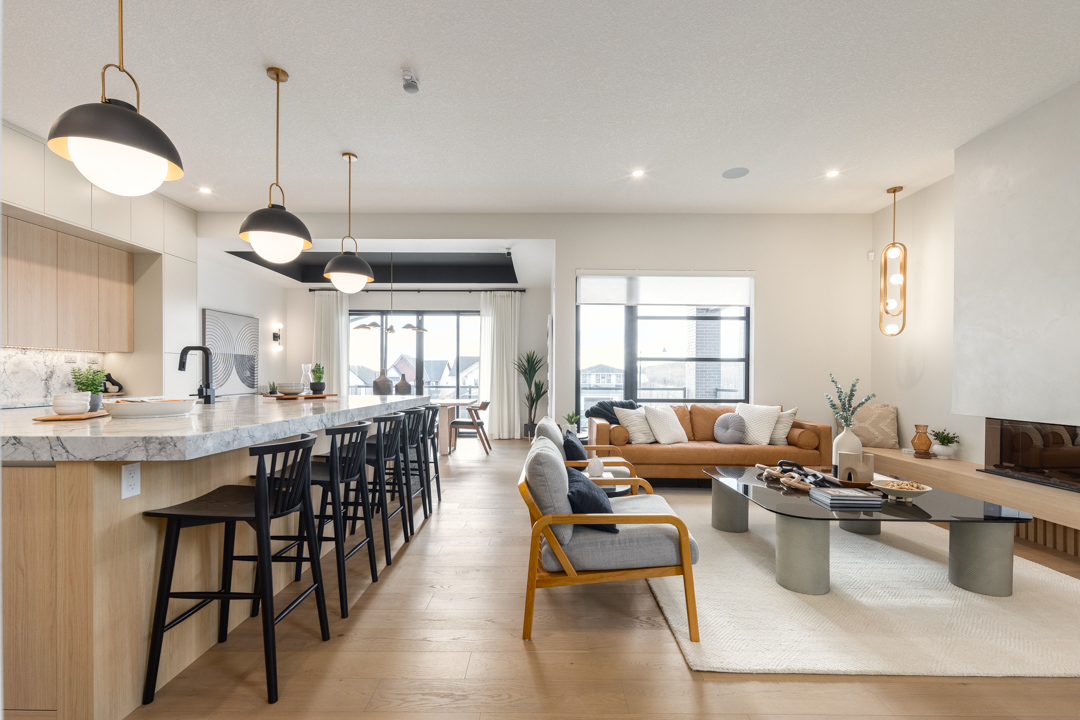If you’re planning on building a new home in Calgary, congratulations! It’s a great time to take advantage of government savings plans.
In this article, we will dive into four financial requirements you need to meet when you buy a house. At the end of the blog, we’ll provide you with three savings tips that you’ll want to know. Let’s get into it!
Financial Requirements for Purchasing a House
Buying a home is very exciting! Before taking any significant steps in the home buying process, make sure you consider the following financial requirements.
1. Affording a Down Payment
In order to purchase a home, you must put a down payment on the house, which is typically between 5-20% of the total purchase price.
If you’re a first-time homebuyer, you can take advantage of the first-time homebuyer incentive and put a minimum down payment of 5 or 10% of the purchase price. This number will depend on various factors, but your mortgage lenders will work with you to determine the exact amount.
For example, the average new build in Calgary is $491,392. If you were to purchase a home at that price, based on the % you put down, your down payment would be:
- 5% = $24,569.60
- 10% = $49,139.20
- 15% = $73,708.80
- 20% = $98,278.40 (all homes over $1,000,000 must have a down payment of 20%.)
Based on these numbers, you can see why most first-time homebuyers take advantage of the first-time homebuyer incentive. However, if you decide to put more money down, you can make your mortgage payments more affordable. All in all, in order to purchase your dream home, you need to have enough money to cover your down payment.
2. Good Credit Score & History
When you try to get a mortgage pre-approval, your lender will run a credit report. This report will analyze things like your credit history, score and utilization. In general, a credit score of 650 is needed to move forward with pre-approval. If your credit score is below this amount, there are three key “rules” to follow to get back on track for affording a new home:
- Ensure that you pay your bills on time
- Keep your credit utilization ratio below 30%
- Pay any debt you currently have
Credit is a key requirement for all aspiring home buyers, so keep your credit in check before looking to purchase a new home.
3. Appropriate Debt-to-Income Ratio
Debt-to-income ratio is the percentage of your monthly income (gross) that goes towards paying your debts. These debts include:
- Mortgage payments
- Credit cards
- Lines of credit
- Car loans, personal loans, etc.
Typically, it’s required that you have a debt-to-income ratio of less than 42%. This price can fluctuate based on your home type, total purchase price, and mortgage broker/lender. If you’re just starting to think about purchasing a home, consider how you can lower your debts before trying to get approved.
4. Savings for Closing Costs
Closing costs are the fees you pay before you get your mortgage. If you don’t pay these fees, you won’t be able to obtain your mortgage. Typical closing costs are between 2-4% of the total purchase price. For example, if your home costs $550,000, at 2% you’ll pay $11,000 in costs, at 4%, $22,000.
Between your down payment, closing costs and other fees, these costs can start adding up quickly and make you feel cash poor. Because of all of these requirements, it’s essential that you save enough money to be able to afford the cost of your home all while being considerate of your debt-to-income ratio and credit score. Here are additional things you may have to pay for when purchasing a home:
- Mortgage default insurance
- Real estate agent fees
- Mortgage broker fees
- Land transfer tax
- Property taxes
- Home inspection
- Legal fees and more
Note: not all of the fees listed are requirements to buy a house.
Ways to Save Money for Your New Home

If you’re feeling overwhelmed by these financial requirements, you’re not alone. There are many ways you can save, invest, and make money before purchasing your first home. Let’s get into some saving strategies to ensure you meet all of the purchasing requirements.
1. Tax-Free Savings Account (TFSA)
If you’re over 18 and don’t have a Tax-Free Savings Account yet, let this be your sign to start one. TFSAs allow you to set aside money that can grow throughout time. You can then withdraw your investment savings whenever you want without paying any tax. This is a great starter option for those beginning to save for a home.
Note: you can only contribute $6,000/year.
2. Saving with a Registered Retirement Savings Plan (RRSP)
RRSPs are very similar to TFSAs as it’s an investment savings account that can earn you interest, dividends and capital gains. The difference is your RRSP is for your retirement, so if you choose to withdraw any money from this account, you will be taxed unless you’re a first-time homebuyer. In this case, you can utilize the home buyer’s plan, which allows you to use up to $35,000 of your RRSP. This RRSP home buyers plan doesn’t make you pay taxes as long as you pay back in 15 years.
Note: you can contribute up to $29,210 in 2022.
3. Short-term savings and investment options
On top of your TFSA and RRSP, there are a variety of other beneficial short-term savings and investment opportunities. These include but are not limited to,
- Low-risk mutual funds
- Short-term guaranteed investment certificates (GIC)
- Savings accounts
These can be set up through your bank, so be sure to book an appointment with your financial advisor to discuss the different ways you can save to purchase a home.
For even more first-time home buyer savings plans, check out the Government of Canada website to see what other financial accounts you can use to ensure you meet all of the minimum requirements for buying a house.
Build Your Dream Home from Shane Homes

When you think you can reach all of the financial requirements you need to purchase your dream home, visit Shane Homes.
At Shane Homes, we can help you throughout your entire home buying process. We love supporting new homebuyers as they purchase and design their dream home.
Take a look at our gorgeous home models in brand-new communities throughout Calgary and Airdrie, then use our build and price tool to start pricing your home. Shane Homes can also build a new home and work within your budget so we can get you into the home of your dreams. If you have any questions, contact us!
PS: If you’re looking for even more financial benefits, Shane Homes offers a variety of referral rewards programs that you don’t want to miss.


















